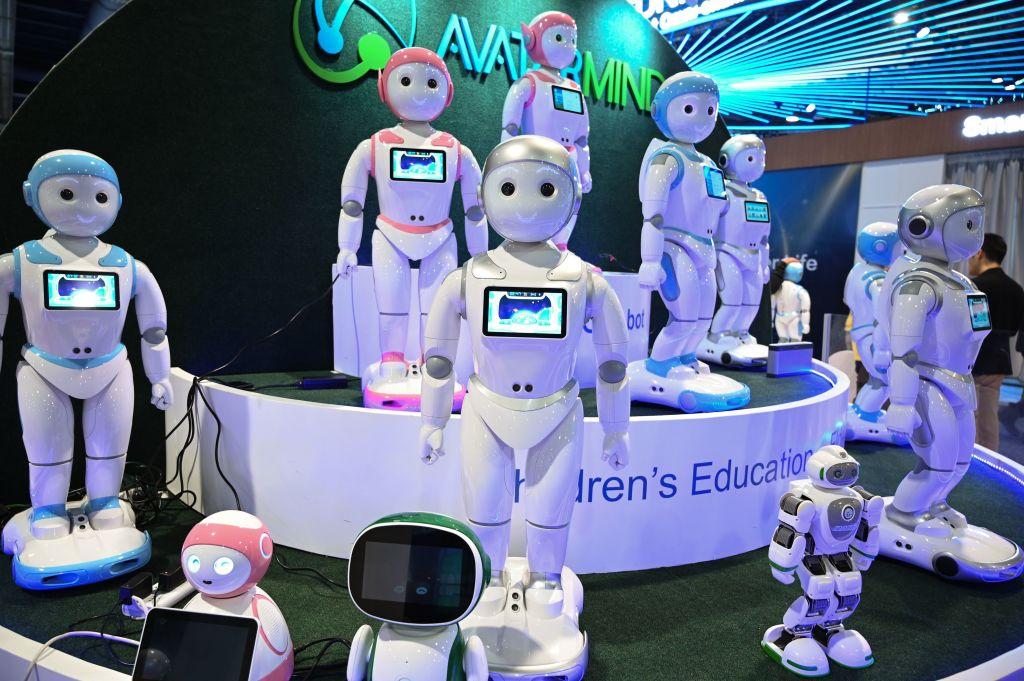The United Nations has warned that artificial intelligence (AI) systems may pose a “negative, even catastrophic” threat to human rights and called for AI applications that are not used in compliance with human rights to be banned.
U.N. human rights chief Michelle Bachelet on Sept. 15 urged members states to put a temporary ban on the sale and use of AI until the potential risks it poses have been addressed and adequate safeguards put in place to ensure the technology will not be abused.




